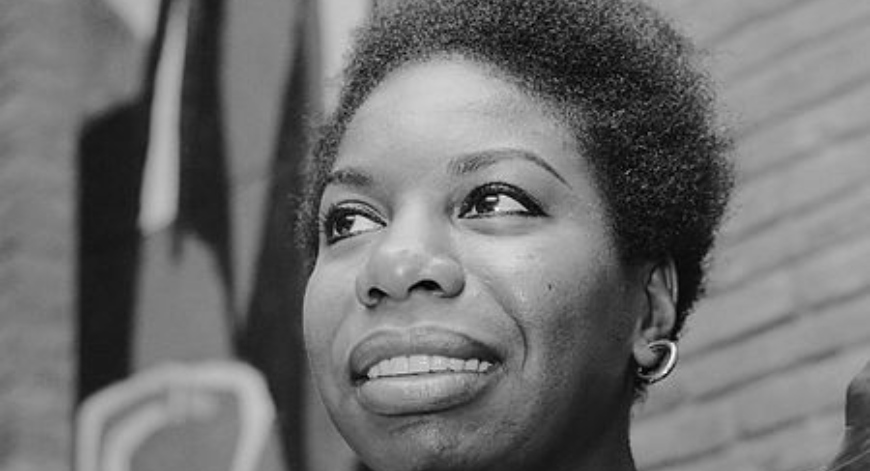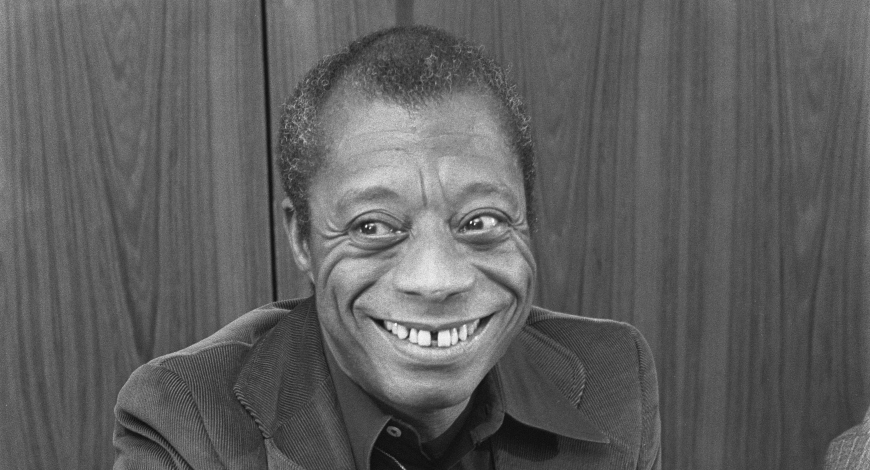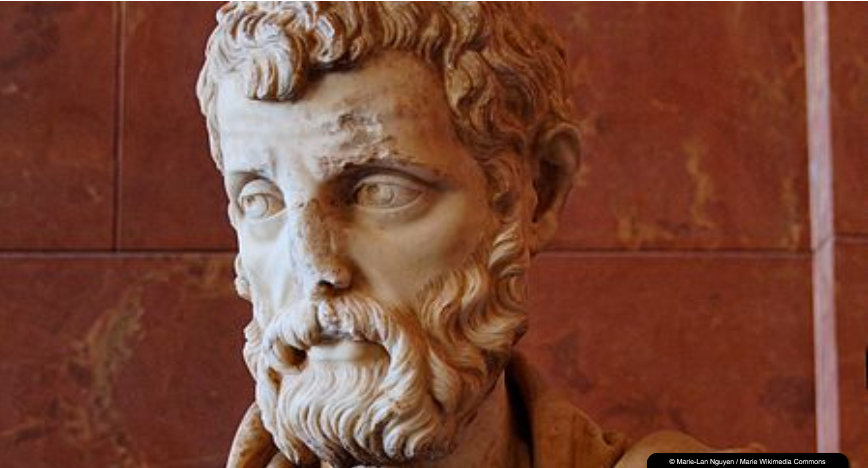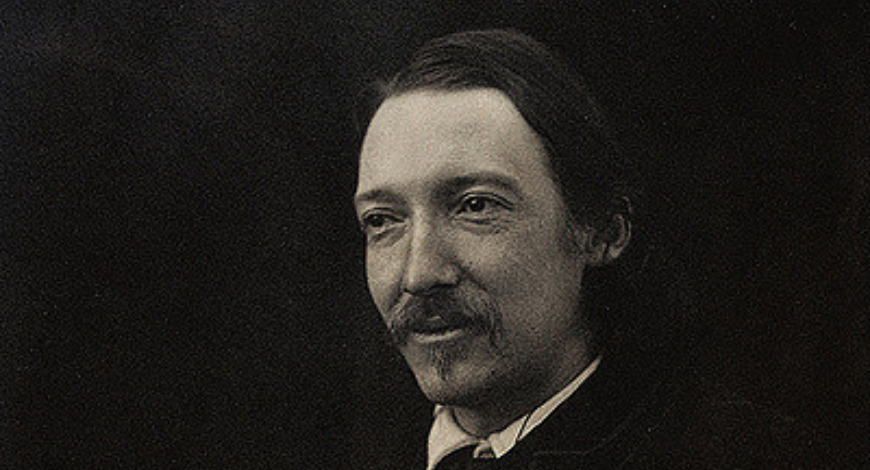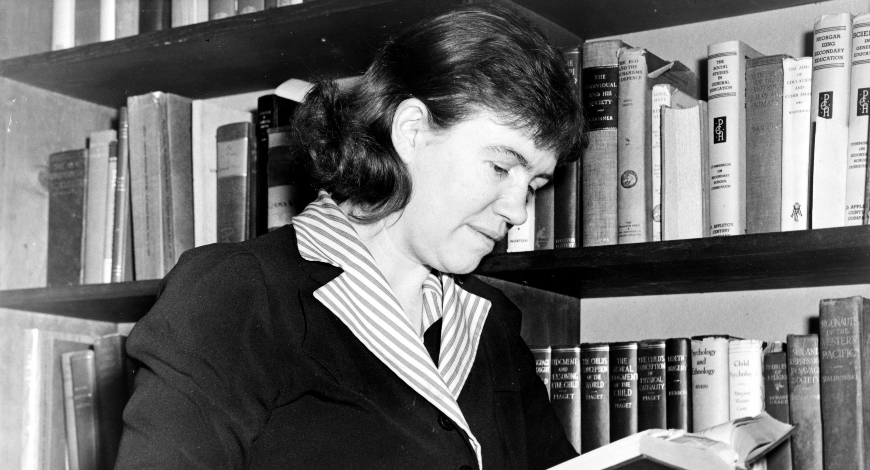It’s no secret that most kids tend towards ‘living for the moment’ rather than engaging in careful planning over their futures. Living in the now has its benefits; instant gratification, less anxiety and a sense of freedom. Worrying about what happens tomorrow ruins the present. But maybe a little worry over the future is a good thing and makes people carefully consider their options in the moment to make sure the right choices are made and long-term happiness is secured.
Negative people are everywhere, whether it be in the classroom, at home or at the workplace. We often feel trapped and expected to be patient with people who bring us down. Sometimes we’re forced to flee these situations, especially when negativity turns to hate. Escape from negative people can preserve our integrity and save our energies for people who bring out the best in us. We must all make smart choices about the people with whom we associate. After all, our happiness is at stake.
We often think of success in life as being tied up with the external rewards we get like money, fame or power. Life is viewed as a race to achieve these rewards. But maybe we are running the wrong race, maybe we should pursue more internal rewards like being a good person and doing the right thing. Aligning our life to the pursuit of moral values may not give us riches and fame, but it brings great value to the world.
From a young age we are taught the value of learning from our mistakes. The logic goes something like this– when we make mistakes we see opportunities for improvement and learning. Failure makes us wise. Yet, we also learn just as much through our successes for it is through them that we discover what we did right and what we should continue to do next time. Failure and success are both important teachers in our lives.
Freedom is an often-used yet really complex concept. Many consider freedom something that is granted to them which they don’t have to work for. Others see freedom as something denied, and something that must be fought for. These different conceptions of freedom spring from different life experiences which are in turn shaped by a person’s gender, race and ethnicity.
When bad things happen, students have choices to make on how to protect themselves. Some choose to fight back against the people or events which caused them pain, thinking that they have the power to change the world into something better. Others recoil and focus on changing their internal attitude, hoping that by doing that, they can maintain happiness no matter what happens. The wisdom for what to do in different situations comes with experience.
The only thing worse than being afraid is for others to see you that way. Fear diminishes a person’s ability to lead others. It causes hesitantcy, doubt and an inability to make decisions when they matter most. Courage, on the other hand, inspires the opposite– faith, hope and an unbreakable will to overcome setbacks. But maybe revealing our fears and being vulnerable shows a different kind of strength which gives us self-confidence and influence over others.
When many kids talk about strategies for living a happy life, they often talk about goals, like getting a great job or becoming famous. If they reach that goal, then that’s clear evidence of success and deep satisfaction for having pursued something to completion. But what about the relationships we build? They also shape our happiness in a meaningful way but don’t always have end goals. Sorting what makes a person truly happy is very challenging work.
When bad things happen, students have choices to make on how to protect themselves. Some choose to fight back against the people or events which caused them pain, thinking that they have the power to change the world into something better. Others recoil and focus on changing their internal attitude, hoping that by doing that, they can maintain happiness no matter what happens. The wisdom of what to do in different situations comes with experience.
The old adage “Just be yourself” looks good on paper but gets pretty scary in the real world when we must rely on our own instincts to make decisions. Dangers abound. What if we make a mistake and hurt somebody? These fears– fueled by lack of confidence– cause us to look to other people to do the thinking and acting for us. Our role models inspire us to be better, but sometimes they become convenient ways to escape the responsibility we have to be the best versions of ourselves.
Students confront problems everyday. Some are small like how to study for an exam or get a ride to school, and some large like how to support their friends who are in unhealthy relationships. All of these problems involve the choice of whether to intervene or do nothing and let the situation play itself out. Each choice is hard and leads to consequences.
Most teachers agree that skills and content are important components for a quality education. Debate erupts over which is more important. Some argue that teaching a person how to think should be the primary focus. Others argue that teaching content knowledge is more worthwhile. In the middle of this debate are the students who have very passionate ideas of what the purpose of school should be.



